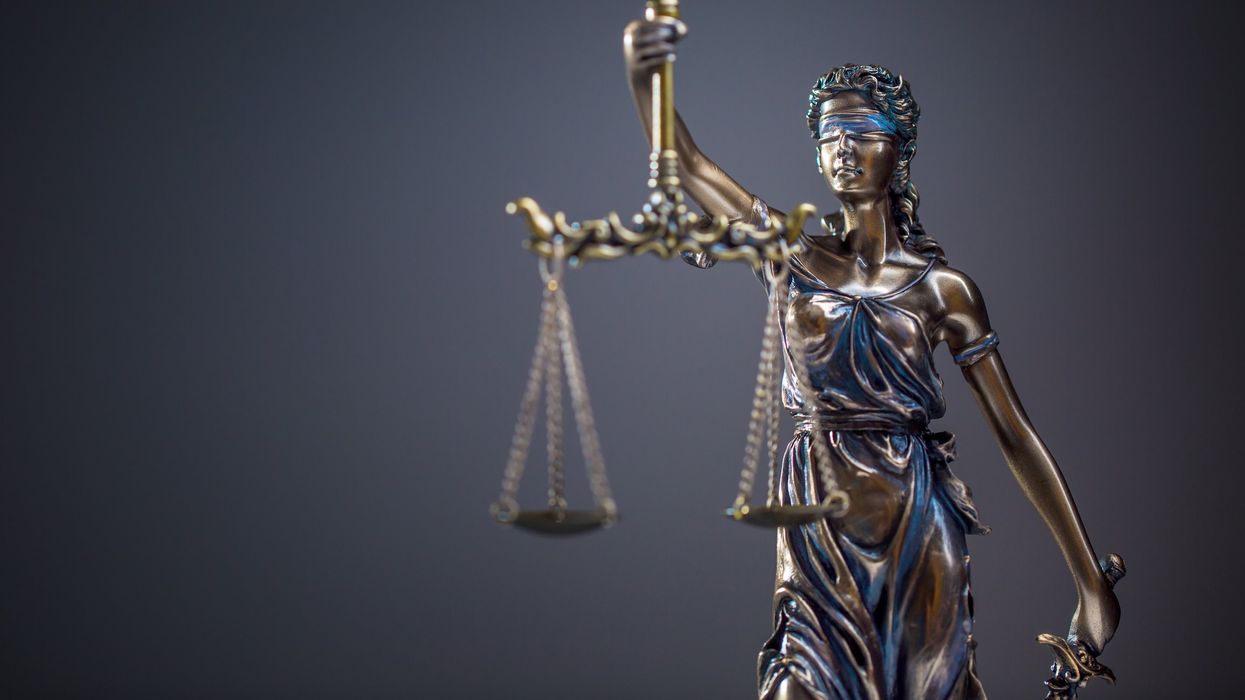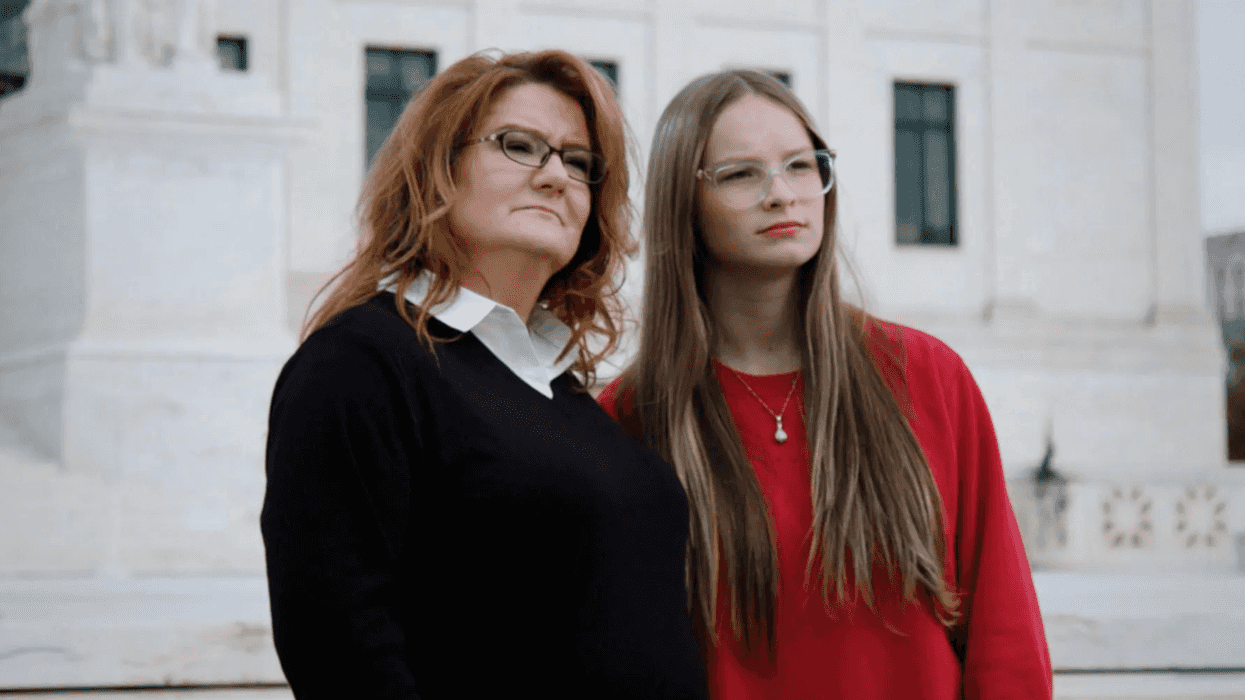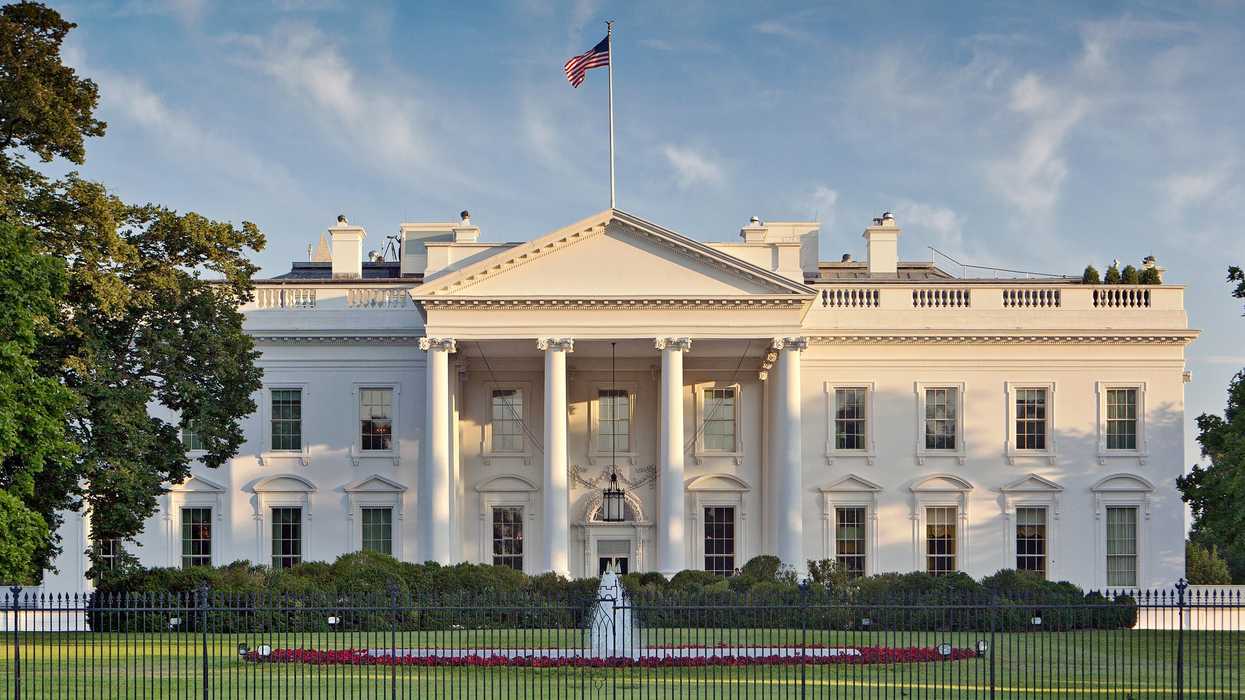Louisiana District Attorneys Association (LDAA), a special interest lobbying group, stands in the way of justice in Louisiana. On May 21, the LDAA successfully blocked a legislative pathway for hundreds of people to receive fair constitutional trials. Louisiana is the only state in the United States of America where people are serving sentences in prison, some for life, where a jury did not agree on whether they were guilty.
For nearly 1,000 people in Louisiana prisons, a jury could have found them guilty but instead returned a verdict that would be called a “hung jury” if the case had been tried in Alabama, Texas, New York, California, Mississippi, and other states.
For over 100 years, Louisiana allowed people to be convicted of crimes without a unanimous jury. The explicit purpose of this unique provision was to limit the power of Black people who, after slavery, were newly allowed to sit on juries.
For a century, District Attorneys were able to get criminal convictions without having to prove their cases to juries, like the rest of the United States, creating an incarceration conveyor belt.
Sen. Royce Duplessis (D-LA) authored Senate Bill 218, which would have provided a pathway for a fair trial to those sitting in prison in Louisiana with non-unanimous “convictions.”
I am the executive director of the Promise of Justice Initiative, a civil rights organization based in Louisiana. In 2019, we argued before the United States Supreme Court in Ramos v. Louisiana that taking freedom without a unanimous jury violated the rights of people in Louisiana. The United States Supreme Court (SCOTUS) agreed, finding Louisiana’s scheme of permitting non-unanimous juries unconstitutional. It should be a no-brainer that if a law is found unconstitutional it would apply to those currently convicted by that law—apply not just into the future but also retroactively. Instead, Louisiana decided that it was the legislature's job to cure the injustice faced by those currently in prison.
In Louisiana, there are 1,067 people in prison for every 100,000 people, or about 1 in 100 people. One could assume from this data that Louisianans have an unusually extreme propensity for violating the law and require a robust system of confinement and control. However, if you look closer at Louisiana’s criminal legal system, some startling details emerge.
District Attorneys have operated a conveyor belt that filled prisons throughout the state with human beings. When DA’s cases are reviewed after conviction, more than 80% of the people on Louisiana’s death row, fated for execution by the state, have seen their death sentences reversed by a court—like Shareef Cousin who was sent to death row as a child only to be exonerated because the DA hid evidence, including locking away Shareef’s alibi witnesses during his trial.
In criminal cases overall, Louisiana has the largest wrongful conviction rate per capita in the United States—meaning that District Attorneys charge the wrong person for crimes in Louisiana more than anywhere else. District Attorneys in Louisiana have an extreme history of violating the rights of people facing criminal charges by hiding evidence in their cases, also known as a Brady violation.
And, as SB-218 attempts to address, District Attorneys were not even required to prove their cases beyond a reasonable doubt, leaving jurors unconvinced and without a unanimous vote for guilt, but resulting in a “guilty” verdict nonetheless.
People found to be innocent and reversals of death sentences do not happen because the District Attorneys realize that they were wrong and seek remedies. Instead, only after years of dogged fighting to expose their misdeeds and failures, do some people in prison regain their freedom. District Attorneys not only habitually get it wrong and achieve bad convictions but are bad actors in the process—gaining convictions by violating the law.
At the Promise of Justice Initiative, I lead a group of expert lawyers, researchers, and organizers who have dug through piles of records and fielded thousands of calls to figure out who is in prison without a legitimate conviction. In prison, there were people like Jermaine Hudson, who not only did not commit the crime but no crime was ever committed. The evidence against Jermaine was flimsy, which is why the jury was not unanimous. Jermaine served more than two decades in prison before we were able to get him home.
There is very little integrity in the prosecution of criminal cases in Louisiana and no accountability on the back end to own up to bad convictions. District Attorneys have enjoyed the ease of getting convictions with little effort and rail against the duty to review whether people’s rights were violated when old cases with serious claims of violations or problems come to them. District Attorneys in Louisiana do not hold freedom as a right.
In the United States, under federal and state constitutions, and as our common conscience and moral compasses tell us, the ability to strip freedom from Americans is supposed to be extremely difficult. However, removing people from society to be warehoused in prisons at a rate higher than almost anywhere in the world has been pretty easy in Louisiana. If a district attorney wants you in prison, good luck staying out.
Despite the low bar that DAs have been operating on to take freedom from people, they cry foul when having to work on the back end to demonstrate or prove that their convictions hold legal or constitutional legitimacy. They lead the public and the legislature to believe that their jobs are so incredibly hard that lawmakers should have mercy on them.
LDAA, instead of accepting that these convictions were no good and trying to find a remedy for those who have lost their freedom without the agreement of a jury, has become the most significant barrier to making things right.
During Duplessis’s committee hearing on the bill, LDAA Executive Director Zachary Daniels cried about the laundry list of hardships he and his colleagues would experience by having to prove guilt or offer plea deals. Against the recommendation of a myriad of people and institutions, including Republican and conservative interests, two-thirds of the public, the reasoning of the SCOTUS, and hundreds of impacted families, the bill failed on party lines.
LDAA has disproportionate power in the legislature. Lawmakers must recognize the farce that the group serves them. The LDAA wants everyone to believe that despite DAs routinely tricking and violating the law and winning convictions without achieving unanimous verdicts, all resulting in an unparalleled prison rate, they have no obligation to and cannot now muster up the time or will to do their jobs on the back end.
It is not the job of DAs to put anyone they can round up away to die in a prison and to pressure lawmakers to do unconscionable things simply because they don’t want to do extra work. Lawmakers represent the public, including people sitting inside of prison. Lawmakers must prioritize what is right over those who cry wolf.
Samantha Kennedy is the executive director of the Promise of Justice Initiative and has worked on death penalty cases for more than a decade. She is a Public Voices Fellow with The OpEd Project
Correction: An earlier version of this story mistakenly referred to the United States Sentencing Commission (USSC) rather than the United States Supreme Court (SCOTUS).




















